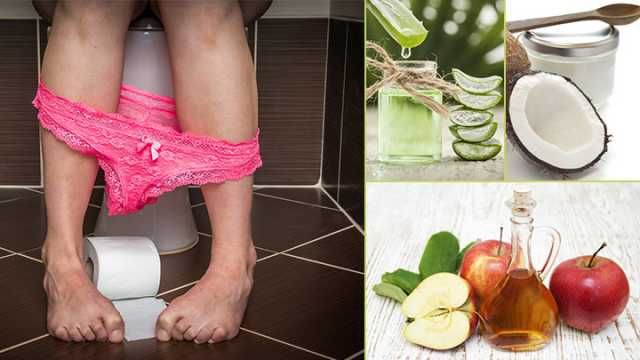
A painful bowel movement accompanied by blood in the toilet bowl can be frightening, but it’s not uncommon. Especially if you’re frequently constipated and strain to pass hard stools. Anal fissures are small tears in the thin, moist tissue that lines the anus, and typically cause pain, bleeding and even spasms. But you don’t have to suffer. Here are seven natural treatments that can promote healing and help relieve discomfort.
Signs you have an anal fissure
If you experienced pain, somewhat severe, during a bowel movement you may have stretched the anal canal to the point whereby a tear has occurred. Unfortunately, if you have an anal fissure, the pain will continue even after the bowel movement and may even last for several hours, according to the Mayo Clinic. Here’s how you’ll know if you have a anal fissure:
- There’s bright red blood on your stool or on the toilet paper
- You are itchy and irritated around the anus
- You have a visible crack in the skin around the anus
- You have a small lump or skin tag on the skin near the anal fissure
Common causes of an anal fissure
More than likely, you have an anal fissure because you passed large or hard stools. You may have been constipated and then strained during your bowel movement. Alternatively, chronic diarrhea may have also been the cause of your anal fissure. Inflammatory bowel disease such as Crohn’s disease, childbirth or even overly tight or spastic anal sphincter muscles can also cause anal fissures, suggests Healthline. When you have one, your goal of treatment should be to relieve pain and discomfort, and heal the torn lining.

